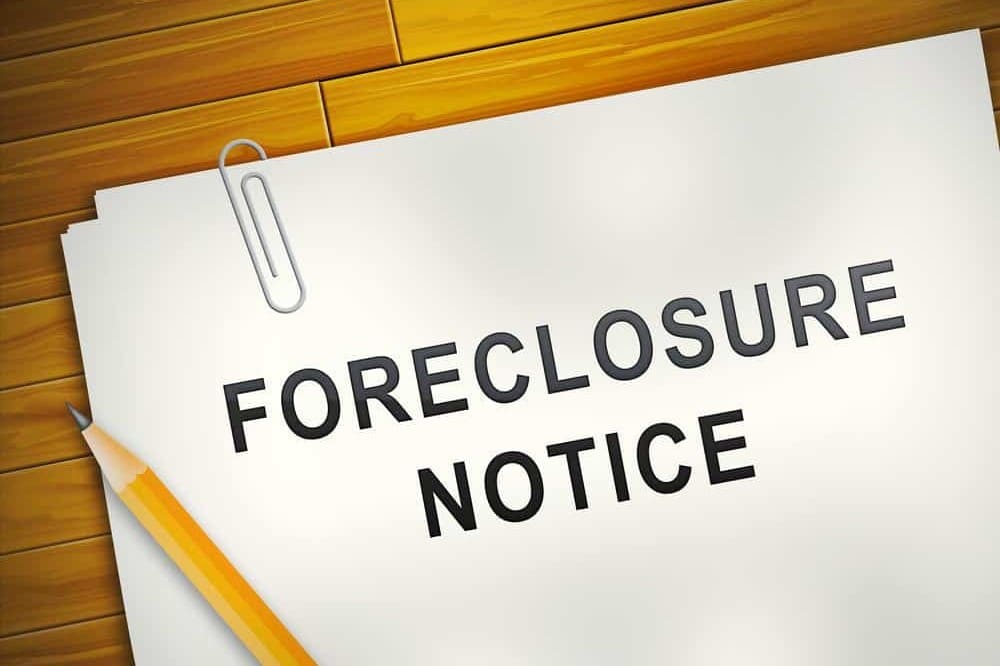Hazard and liability insurance coverage for a property is sometimes overlooked in private money transactions. However, it should be carefully considered in each transaction you engage in. Ensuring you are adequately insured for the appropriate amount when you need coverage is crucial.
Insurance Certificate
The company responsible for escrow or the Private Lender managing the transaction will assist you in obtaining the necessary hazard and liability insurance. When it’s time to close, the company insuring you should provide you with a certificate that designates you as insured on the policy declaration. Ensure that the insurance agency arranging the buyer’s policy knows your mortgage interest on the property. Additionally, ensure your or your company’s address is on the Insurance certificate.
Additional Named Insured
As the investor, as long as you are on the policy as an additional insured name, you have the same responsibilities and rights as the primary insured on the policy declaration. In practice, if something happens and the property incurs damage, the insurance company will be pay the borrower, and the additional named insured on the policy monies to cover the damages. This helps the lender ensure their investment is brought back to pre-loan conditions.
Insurance Coverage
Check to see if your borrower has enough coverage to rebuild or repair the property, replace business property, personal property, and equipment in the event of a disaster.
Examine the Certificate of Insurance
Unfortunately, defrauding insurance is a common crime. Therefore, it is imperative to contact the insurance agent for verification that the company and agent in question issued the insurance certificate. Be diligent and obtain a copy of the certificate of insurance at least a week before the closing.
Policy
A policy is different than a certificate of insurance. The insurance policy is provided after the closing of the property. This may take a few weeks or longer. Contact the carrier for a copy of the insurance policy to maintain your records. There may be logical reasons why you didn’t receive a copy.
Change of Address
If your or your company’s address changes, it is essential to contact all insurance companies where you are listed as an additional named insured.

Forced-Place Insurance Coverage
If your borrower fails to maintain insurance coverage for the property, most promissory notes or security instruments allow the investor or lender to advance monies to impose forced-place insurance coverage. This may require planning to obtain.
Your Lender most likely has relationships with brokers specializing in forced-place insurance. Keep careful track of your borrower’s policy and be ready to force place when necessary.
Forced-Place Coverage and Junior Liens
Force placing insurance coverage for junior liens, a second mortgage, might be difficult. Consider the following:
- Senior Lien Holder Force Place Insurance – Just because the first lien holder forced-place insurance does not imply your lien is covered. The first mortgage lien holder was obliged to place the insurance on their behalf, and the insurance only covers their lien.
- Equity – You may not want to force place insurance if you do not have equity. Forced-place insurance is often costly and may be ineffective if there is no equity. Because every circumstance differs, speak with your legal team for advice before deciding.

REO Insurance Coverage
Real Estate Owned (REO) coverage protects properties you take back from the borrower. You cannot acquire a typical policy since you frequently do not possess the property. Insurance covers lenders for unoccupied properties or properties the former owner is in possession of. When seeking a policy, choose the amount of fire and liability coverage you need.
Junior Liens and REO Insurance Policies
If you are a junior lien holder and take back a property, it is still advisable to purchase REO coverage to protect yourself from any potential liability. If you have equity, it is recommended to have the total replacement value of the property for fire. However, if you do not have equity or the equity is low, set your fire coverage to a lower amount to benefit from liability coverage.

Insurance Coverage and Foreclosures
If you have a property foreclosure and there are no bids on the property, it reverts to the property’s beneficiary. Therefore, the borrower’s insurance policy, or any forced-place insurance policy that was in place, is now null and void. Instead, you must insure the property with a new type of insurance policy known as Real Estate Owned (REO). Most insurance carriers that provide forced-place insurance also provide REO insurance. However, the investor or lender must switch the policy from forced-place coverage to REO.
Total Debt Bids and Insurance Policies
Although state laws differ, it is typically not a wise idea at a foreclosure auction to start your bid at the total amount of the debt. The reason is that if there are no bids on the property and it is returned to you, the beneficiary, you are considered to be “paid in full.”
An example of when this might be a problem is the debt on the property is $500,000, but the current value is $350,000 because of damages. Then, you would have no right to collect on the former forced-place policy or other avenues to collect any money you have lost.
The typical approach is to begin bidding beneath the total debt amount and credit bid, using your current lien instead of cash, up to the amount not exceeding the total debt. This retains your insurance rights so that you can collect on it if you get possession of the said property and discover damage covered by the forced-place insurance policy.

Policy Cancellation
It is important to cancel any forced-place insurance policies once a borrower reinstates their insurance coverage, the property is sold, or you are no longer interested in the property.
Protect Your Investments and Streamline Your Processes
Hazard and liability insurance coverage is critical for every property owner. It is also vital for private lenders to protect their investments. Understanding the differences in the types of insurance is vital. We hope this article was helpful. Protecting your investments will make or break your business if you are a private or hard money lender. At Liquid Logics, we are here to help you streamline your processes with the best private money loan origination system on the market. For more information on our products, contact us to schedule a demo.
